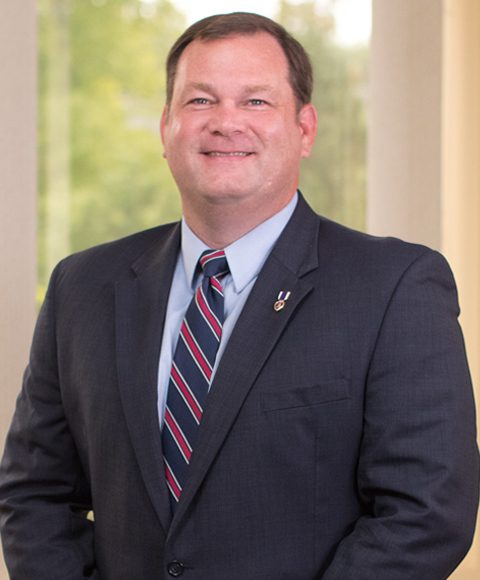The record-setting lack of quorum with the Merit Systems Protection Board (MSPB) is picking up some positive momentum for federal employees. The three President-appointed nominees appeared in their first hearing in late September in front of the Senate Homeland Security and Governmental Affairs Committee to discuss their potential strategies of addressing over four years of vacancy of the Board including, most importantly, the processing of over 3,000 matters awaiting decisions.
The nominees consist of Cathy Harris, Raymond Limon and Tristian Leavitt. Harris is an employment attorney who is slated to Chair the MSPB, while Limon, currently the Deputy Assistant Secretary for Human Capital and Diversity and Chief Human Capital Officer at the Department of the Interior, is nominated to serve as Vice-Chair, and Leavitt currently serves as the General Counsel of the MSPB.
With three seats available and only two of the three needed to establish a quorum, which hasn’t existed since January 2017, questions regarding the timetable for a Senate-approved Board to clear the case backlog and whether certain cases are to be given priority in decision-making process are entering the discussion for the nominees to address. It’s also a time in which many federal employees might be thinking about their cases and looking for updates as to where they stand in the backlog.
How long will it take the new Board members to get through the 3,000+ case backlog, assuming their nominations are approved by the Senate?
While it’s impossible to put an exact number on a timeline without knowing the complete details of the nominees’ plans and strategy, one would have to anticipate that if the nominees are passed by the Senate, it would likely take at least two years for the Board to get through the current backlog. While there is potential that a Board could get decisions out more quickly, it’s still going to take a significant amount of time to make sure that each case is being reviewed properly.
Are there any cases in the backlog that will take priority?
During the most recent hearing, Harris made mention of some ideas that may be used to triage the backlog, including identifying matters that can be addressed quickly, such as cases having been untimely filed, or not falling within the Board’s limited jurisdiction, or perhaps even cases where it quickly appears that there is no legitimate basis on which to overturn the Administrative Judge’s decision.
While these are certainly the starting points to put a dent in the backlog, I anticipate that, as matter of fairness, the Board will review the cases in the order they were filed, with a few exceptions for precedential cases that may have a significant impact on the overall MSPB process.
One issue in particular that may be ruled on sooner rather than later is whether certain MSPB AJs were properly appointed, pursuant to the requirements of the Appointments Clause of the U.S. Constitution (Article II, Section 2, Clause 2) and therefore have the authority to hear MSPB cases. Given the importance of having the maximum number of AJ’s available to decide cases, it is likely that this issue will be among the first, if not the first, issue to be addressed by the new Board. It remains to be seen what overall impact an Appointments Clause decision will have on the Board’s own backlog.
I am a Federal Employee with a case in the backlog. What should I do?
The first thing to realize is that these Presidential nominees for the MSPB are a positive sign. Right now, there really isn’t anything federal employees can do if they find themselves in the position of having one of the thousands of cases pending decision with the Board.
We are currently in a holding pattern and that won’t start to change until at least two of the three nominations are approved by the Senate. Keep an eye on the developments of the nominees and stay in touch with your attorney/representative as further communication continues to come out.





